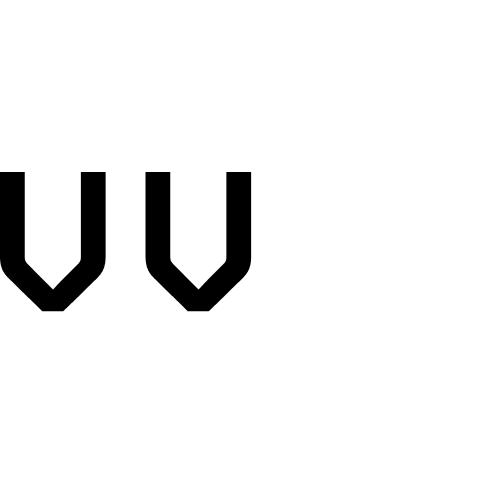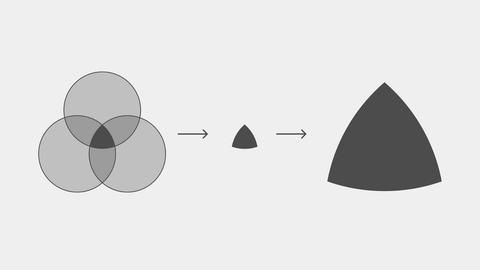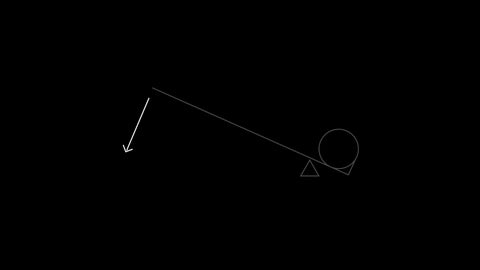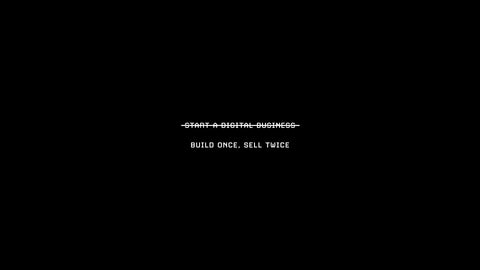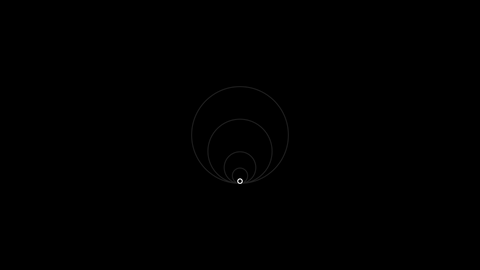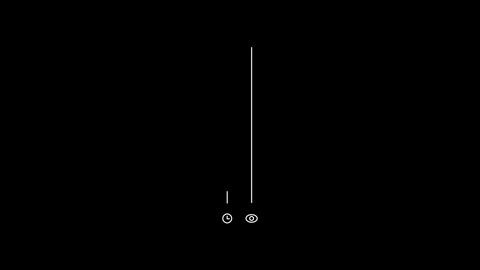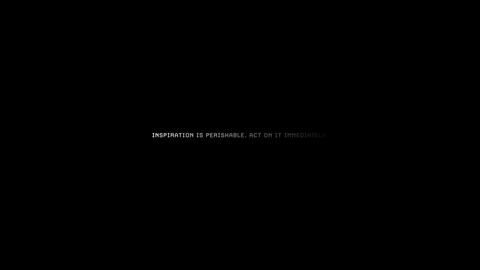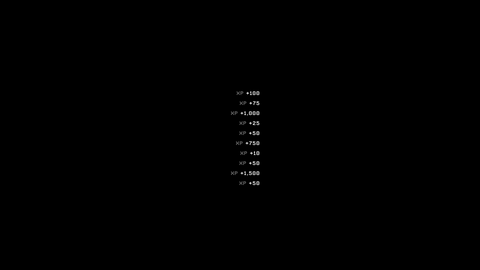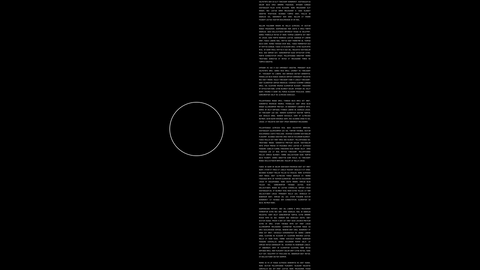Author: Louis Pereira
Often in life, there lies a metaphorical river between where you are and where you want to go.
You want to swim across, but you’re more scared than you’d like to admit. Besides, you don’t know how to swim.
I faced this river while attempting the journey from consumer to creator online.
Fortunately, I found a boat called Visualize Value.
This is the story of my voyage.
I hope it inspires you to embark on your own.

If dopamine dealing were illegal, Jack Butcher would be serving a life sentence.
Follow him on Twitter, and you’ll know what I mean. He’s so generous with his dopamine hits, that you feel compelled to give him your money. It’s a beautiful, symbiotic relationship.
When Jack launched ‘How to Visualize Value: Design Fundamentals’, I fulfilled my end of the unwritten deal. My conscience felt good, even if my wallet didn’t.
I’d always been fascinated by good design in the way that most people are fascinated by good food. I loved consuming it, but I had no idea how to create it.
That changed after I feasted on Jack’s course.
I learned the basics of design and even acquired the skills needed to get started immediately. I decided to test my new skills by posting my work from a pseudonymous Twitter account. In a few months, I had 3,000 followers. Apparently, Jack taught me well.
It was fun, and I was addicted.
That’s when I had my second serendipitous moment on Twitter - I saw a Tweet by On Deck about their writing fellowship. I’d never written seriously before, but I’d always wanted to give it a shot. I applied.
The universe was kind, and they accepted me.
In his book Atomic Habits, James Clear dishes out a powerful piece of advice – “Join a culture where your desired behavior is the normal behavior.”

Visualize Value and On Deck were my cultures of choice, and I can’t recommend them highly enough.
During my fellowship at On Deck, I struggled to figure out what to write about. My interests were extensive, but my expertise, non-existent. Besides, at best, I was an average writer. But thanks to Jack, I was also an amateur designer. And although my friends may disagree, sometimes I can be pretty damn hilarious.
Fortunately, being a jack of many trades is useful when the internet lets you leverage their intersection.

I decided to write about topics that I was curious about, create a few illustrations for each article, and throw in a few witty one-liners for good measure.
Complexity Condensed was born.
Each week I write an essay that explains a complex concept, event, or idea in simple words, a few illustrations, and at least one witty one-liner.
It will help you understand our world a little better and hopefully - put a smile on your face.
Also, each piece is exactly 500 words in length.
Just like this one.
I’d love it if you subscribed.
